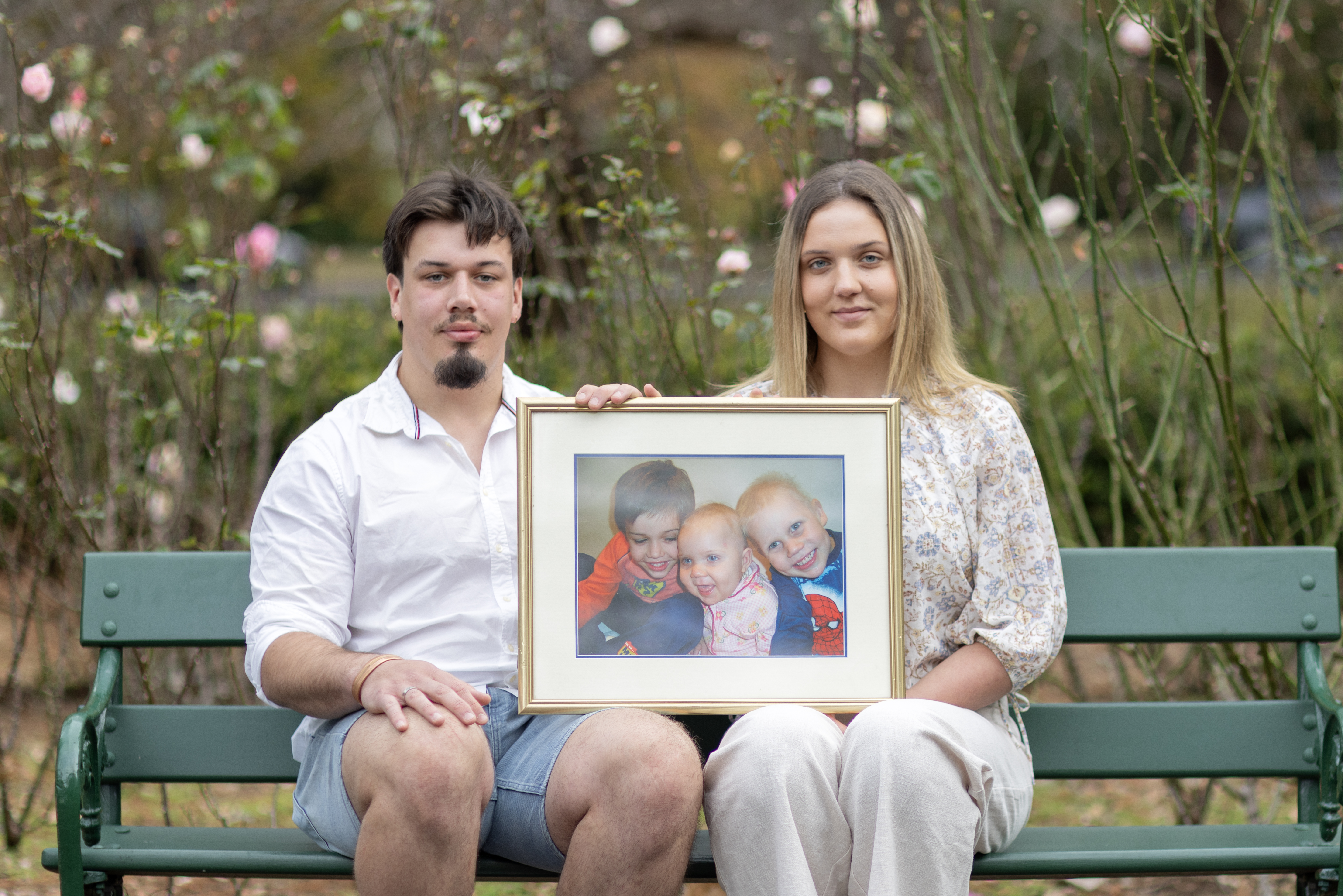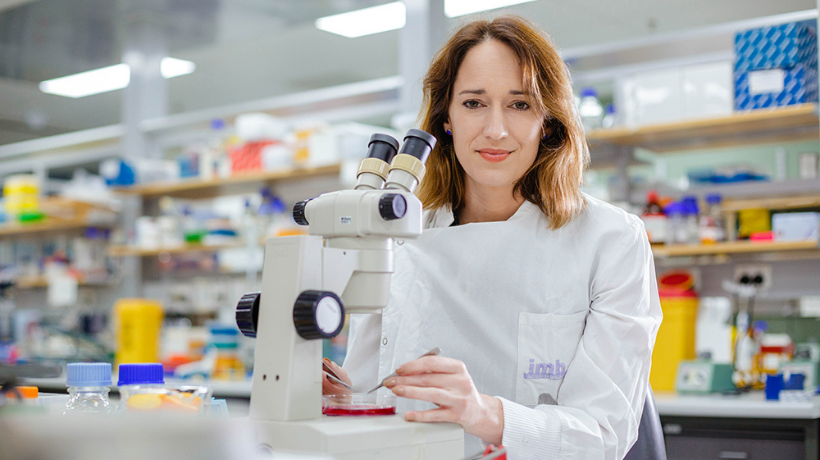Research
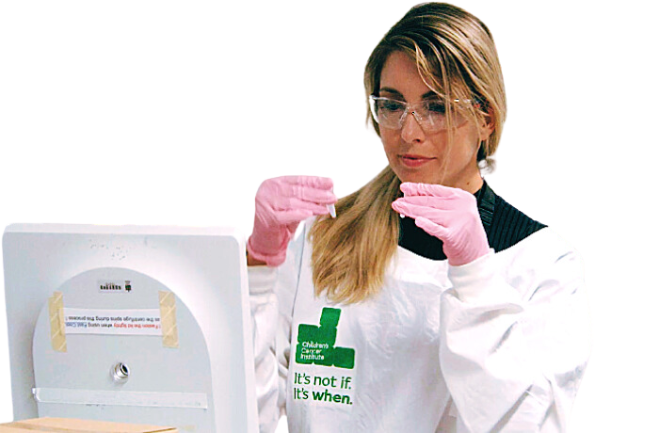
The Kids’ Cancer Project
Research Focuses
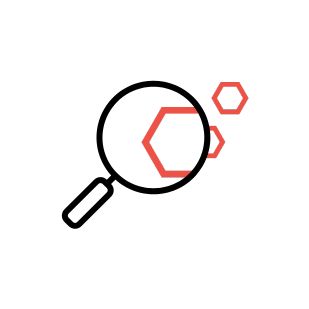 Discover
Discover
Hypothesis driven, innovative basic (T0-discovery) research that will improve our understanding of the underlying mechanisms of childhood cancer and identify novel, safe and effective new treatment strategies and technologies that will have the potential to translate to patient benefit in the clinic.
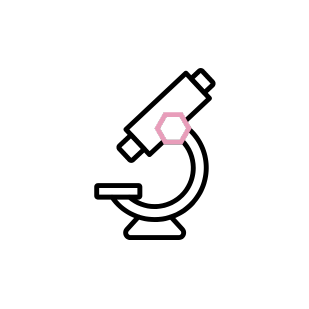 Translate
Translate
High-quality clinical research (T1-T4) programs and processes that are informed by discovery research, will directly translate to a patient benefit and facilitate equal access to clinical care resulting in a positive impact on survival rates and quality of life for all children with cancer.
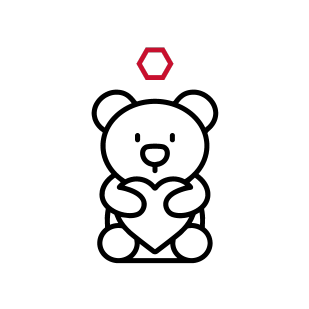 Support
Support
Research programs and services aimed at enhancing cancer care by managing long-term effects, reducing side effects, improving service delivery, and engaging patients. Implementing these improvements in standard care will provide sustainable and improved care for cancer survivors.
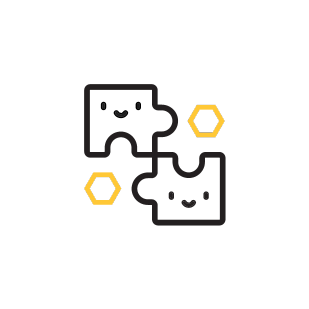 Build
Build
Build resources, infrastructure and research tool kits that will facilitate high quality research and future proof the childhood cancer research landscape. Build networks and partnerships to increase funding capacity, shape policy/process and increase awareness and support from government agencies, industry, philanthropic partners and the community.
Proudly Funding Research
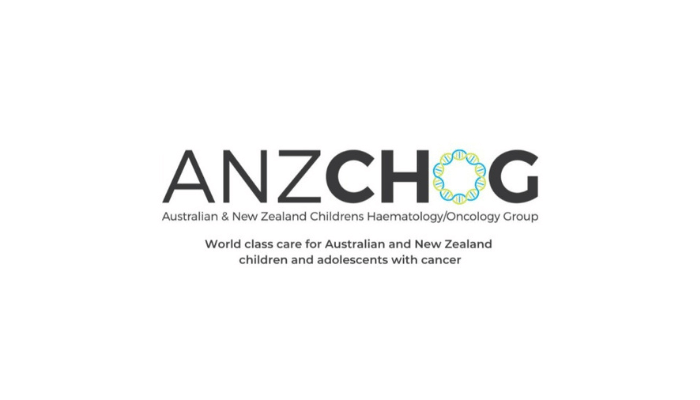
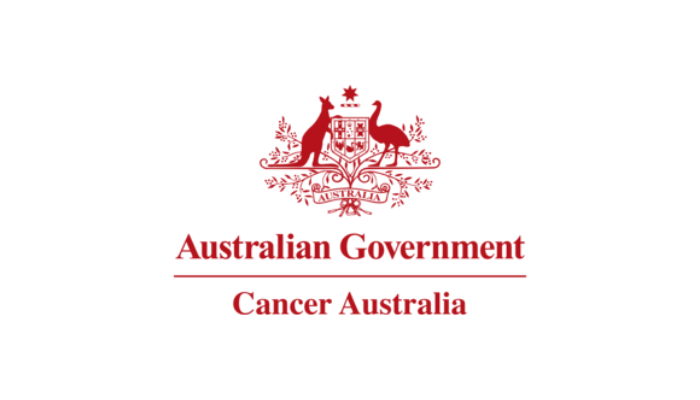
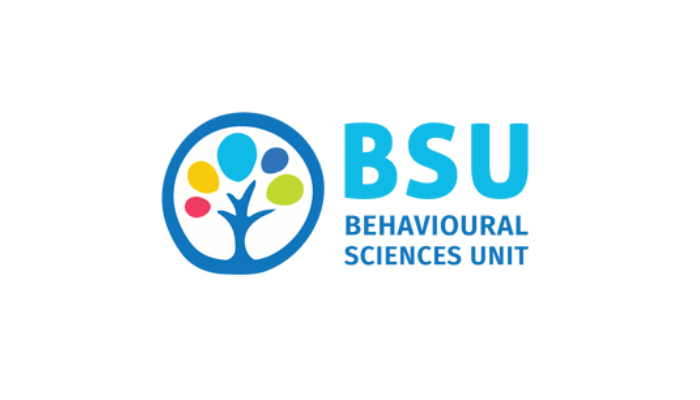
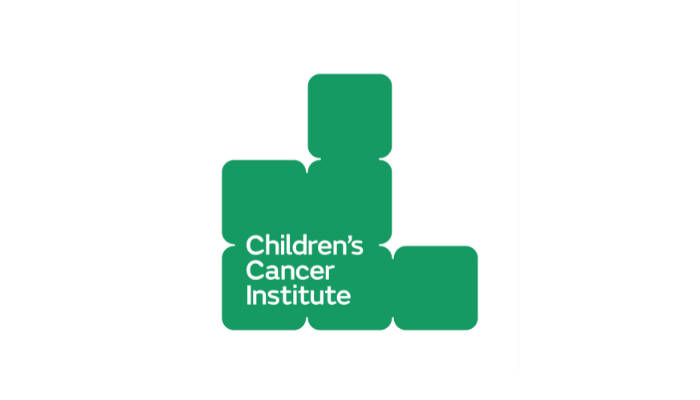
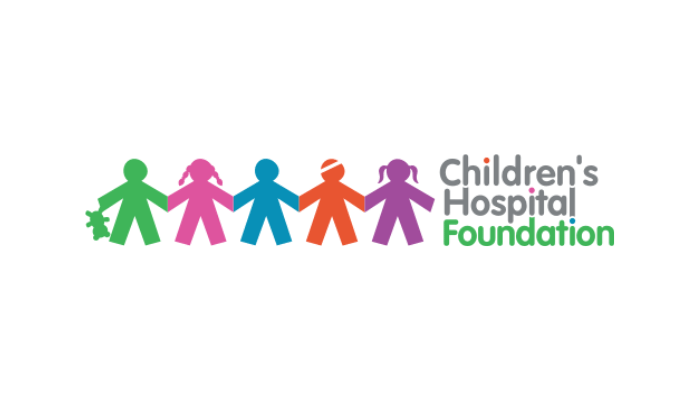
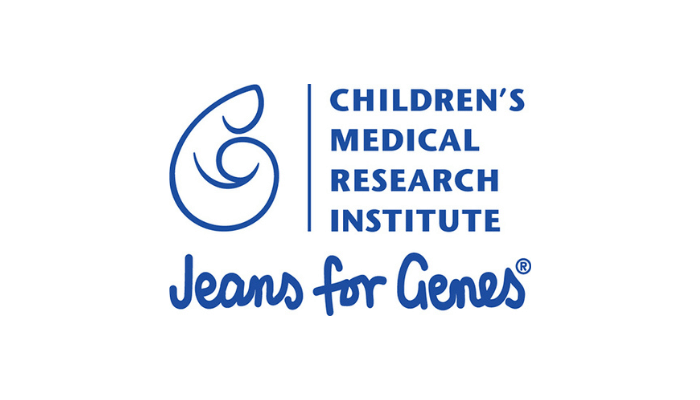
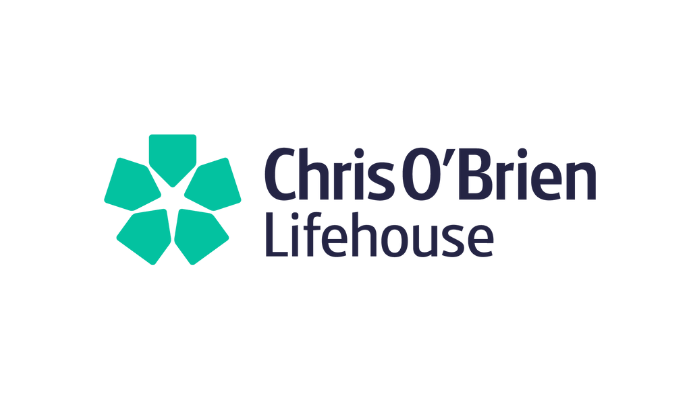
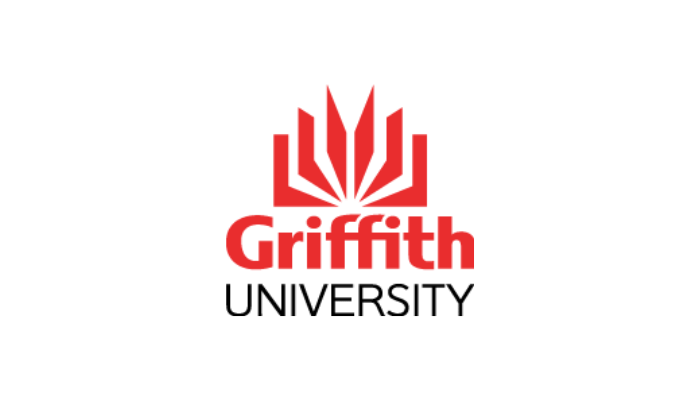
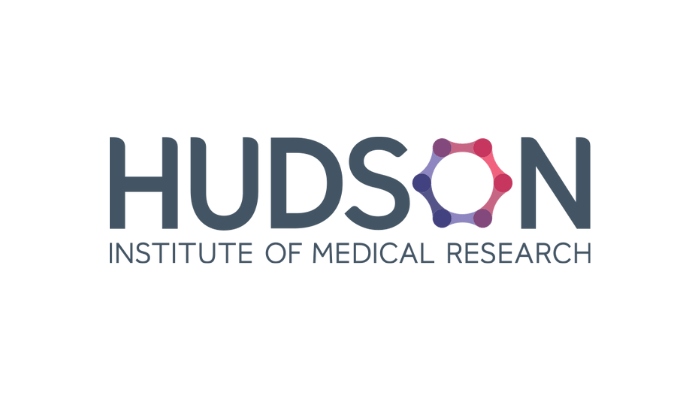
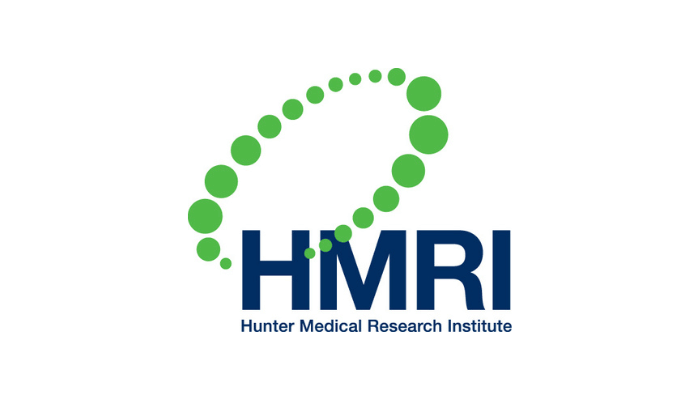
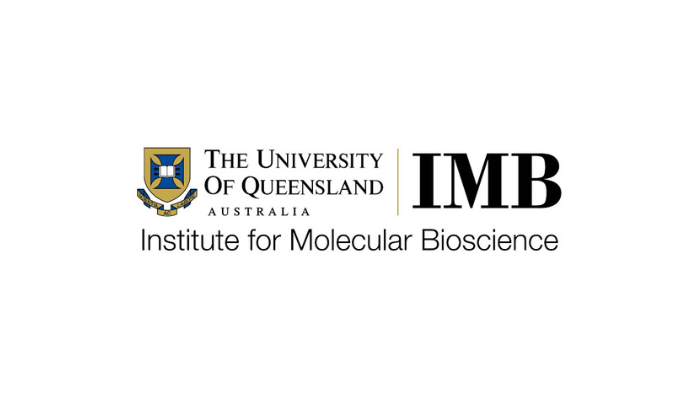
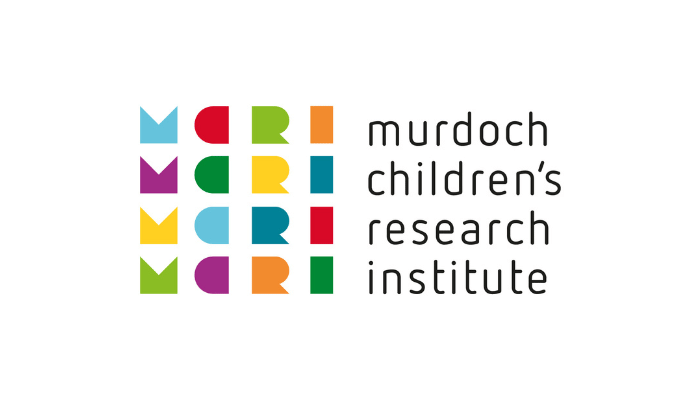
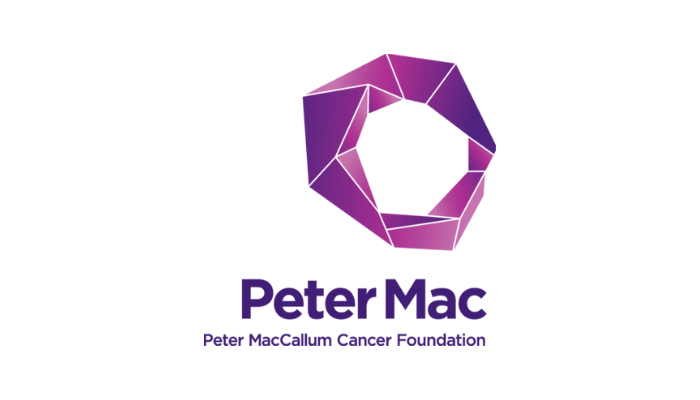
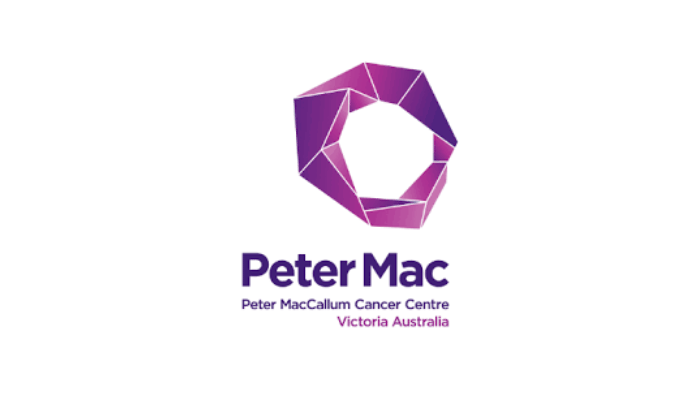
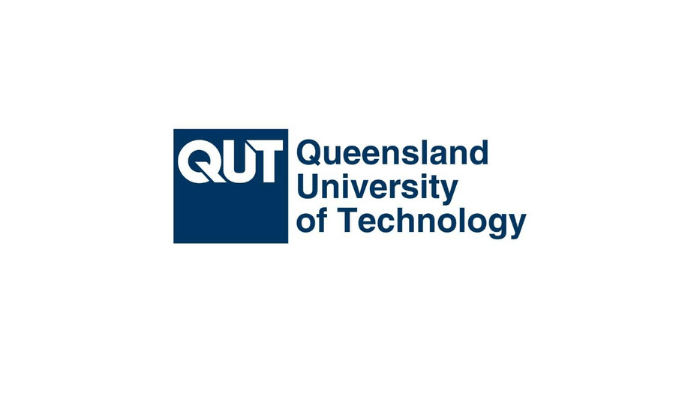
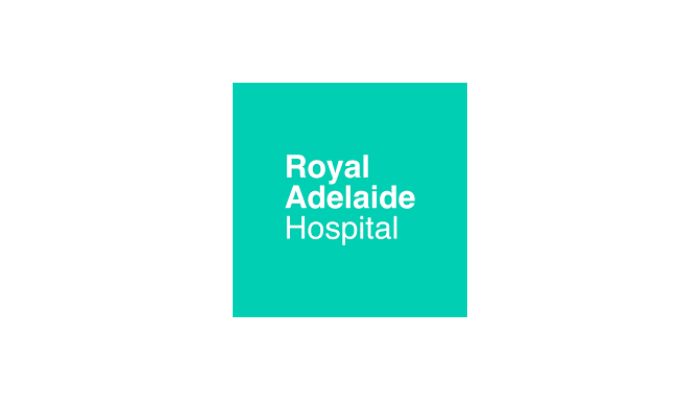
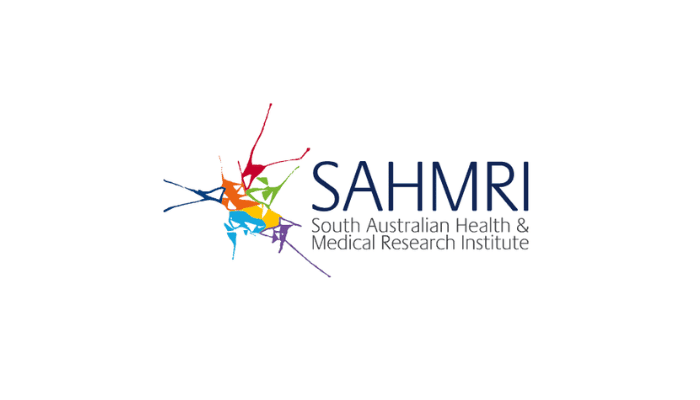
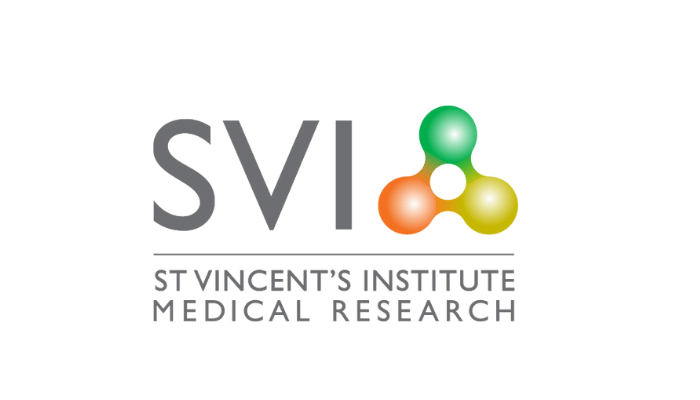
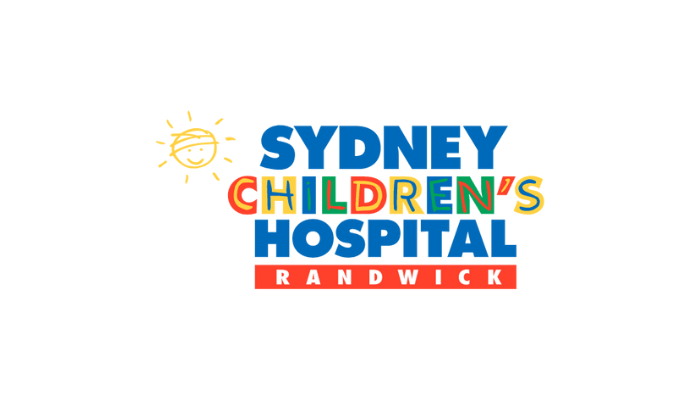
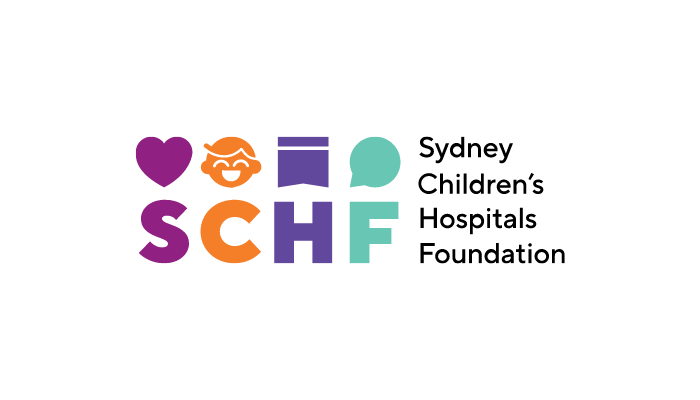
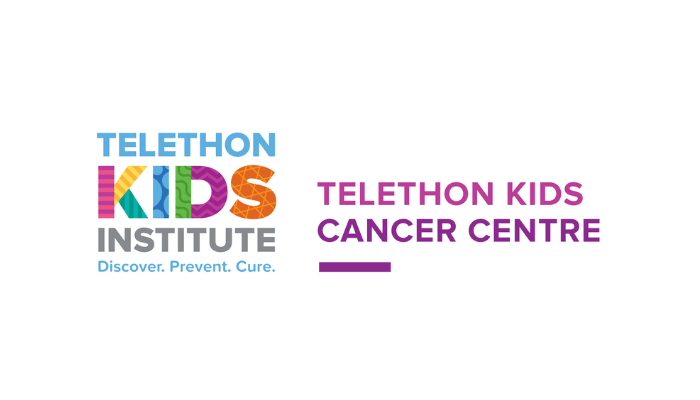
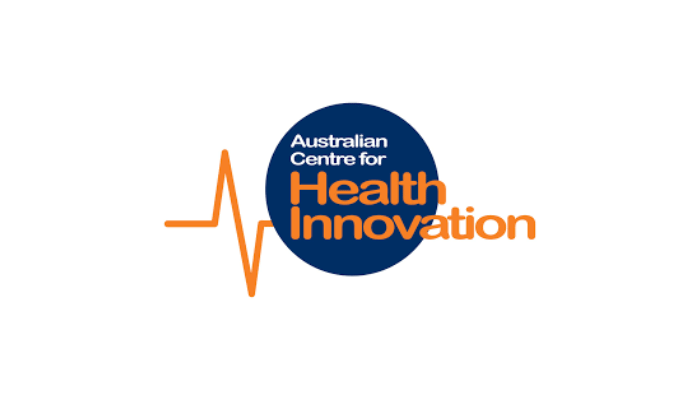
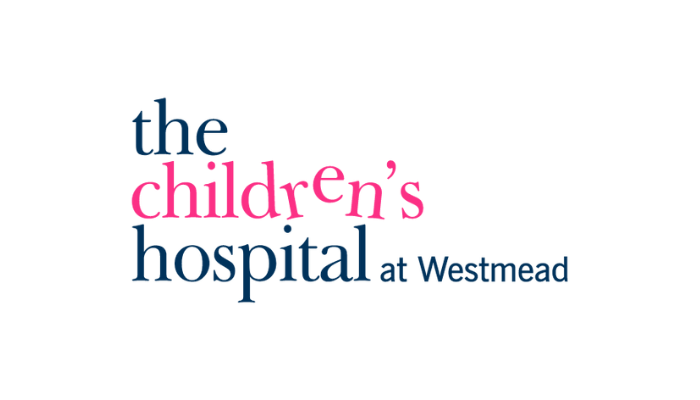
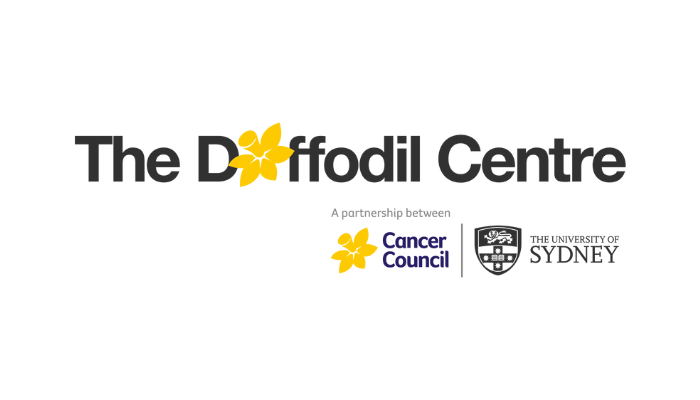
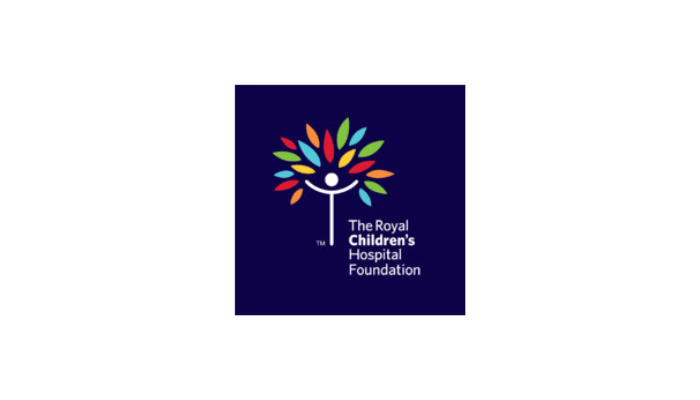
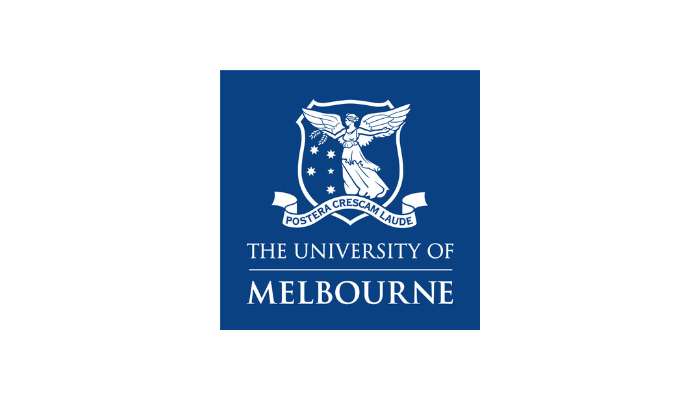
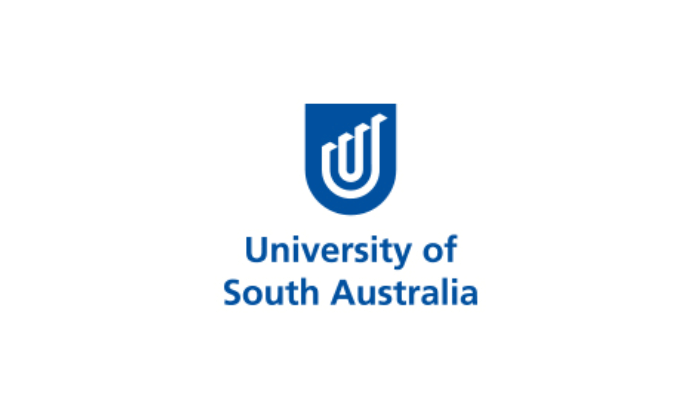
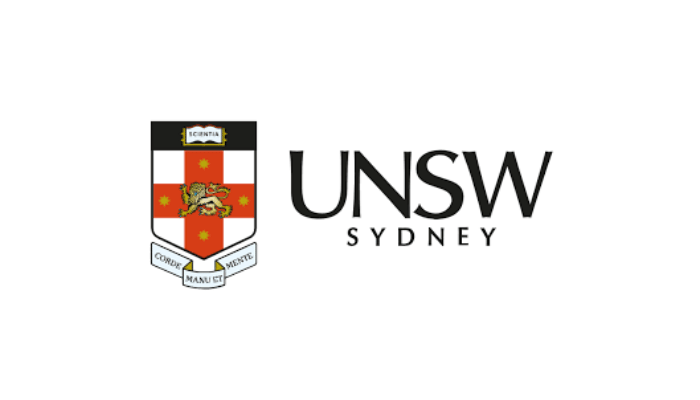
Our Projects
Thanks to your contributions we have funded over 387 projects that have improved outcomes for kids with cancer through advances in medical research.
Research Advisory Committee
Identifying the projects that will pursue new ideas to make a real difference sooner
Our expert Research Advisory Committee (RAC) independently review and rate all grant submissions. Their recommendations are handed to The Kids’ Cancer Project Board who ultimately determine the studies funded. The rules of the peer review process prohibit RAC members endorsing their own projects.
Grants and Funding

Col Reynolds Fellowships
The Col Reynolds Fellowships seek to encourage talented young researchers by supporting PhD students, early and mid-career researchers and young clinicians.

Our Grants
The Kids’ Cancer Project supports scientific studies that will have the greatest chance of clinical success in the improvement of treatments for childhood cancers.

Research Funding FAQs
When do grant applications close? How does the process work? What are the selection criteria? Answer those and other questions here.
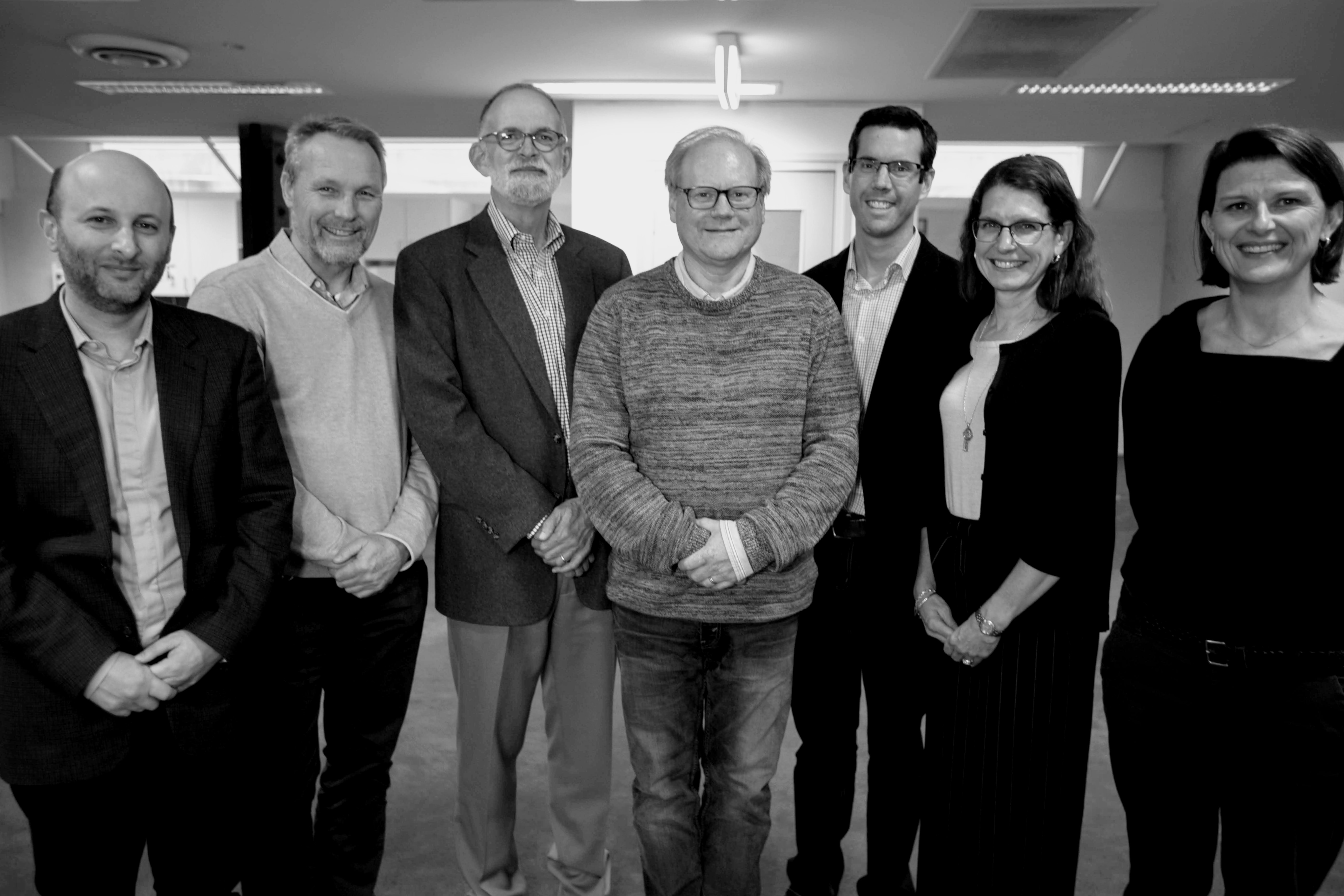
Our Vision
Our vision is to see a one hundred per cent survival rate for children with cancer while eradicating the harmful impacts treatment can bring. The Kids’ Cancer Project - with the generous and dedicated help of our supporters like you - will keep going until we've achieved that.
Latest Research News

Striding toward survival: What Lunar New Year means to us

Dr Lauren Ha: A Lunar New Year underpinned by science and survivorship
.jpg?width=4096&height=2160&ext=.jpg)
Expressions of Interest open for latest funding round

Global brain cancer trial to open for children in Australia and New Zealand

2026 and beyond: Research
.jpg?width=4096&height=2160&ext=.jpg)
How questions at the clinic led Emmy on a worldwide search for answers

20 projects for 20 years of research funding: Survivorship

Dr Karin Plummer on Caregivers Awareness Month

Exploring extended reality to ease pain for kids with cancer
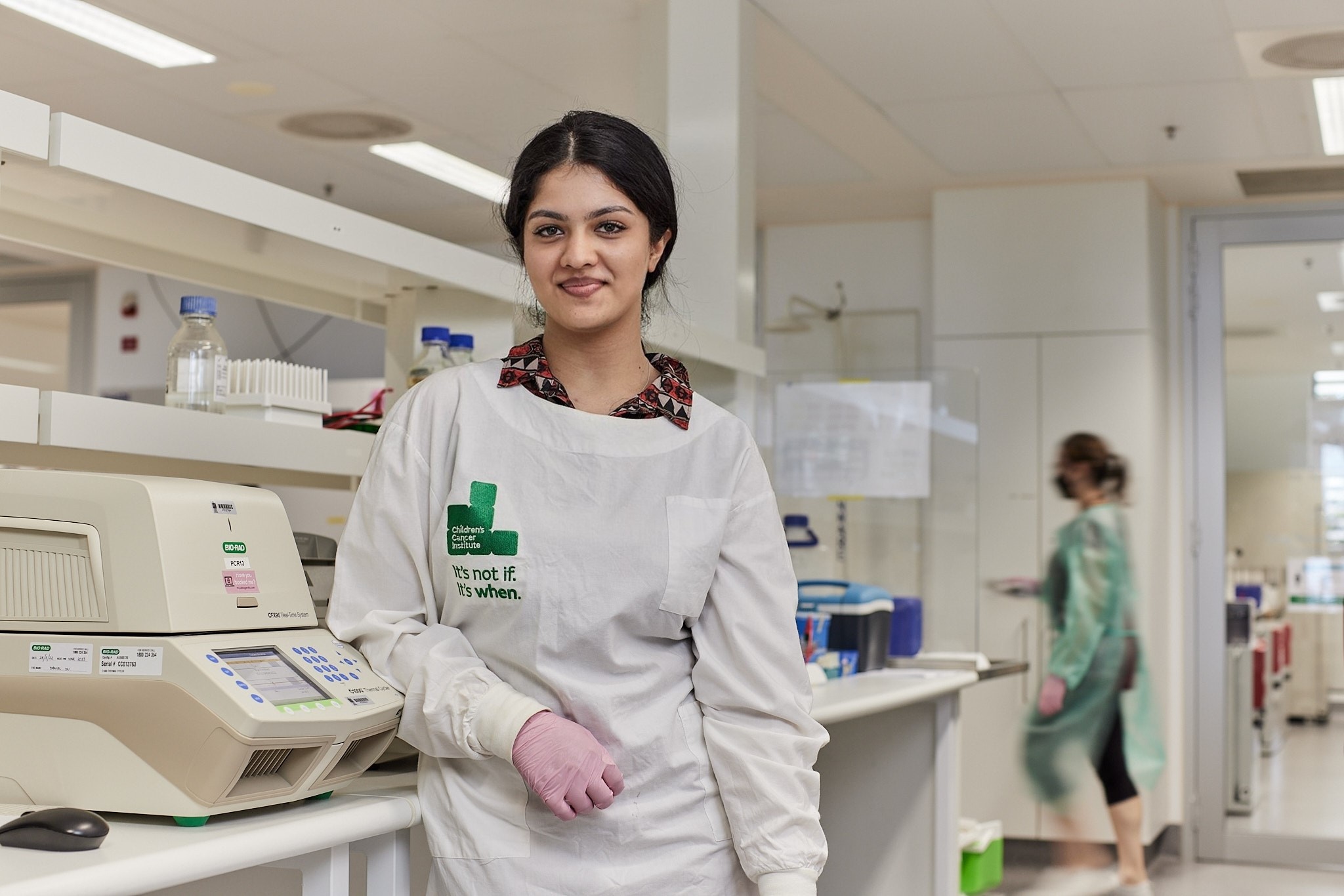
Khan a certified star on the rise

Childhood Cancer Awareness Month: Celebrating our impact in making a difference

Blood Cancer Awareness Month: What we’re doing to improve the lives of kids suffering from leukaemia and lymphoma

Celebrating the success of The Kids’ Cancer Project’s inaugural Research Symposium
.png?width=1080&height=680&ext=.png)
One in a million: Write a Book in a Day SMASHES seven figure barrier
